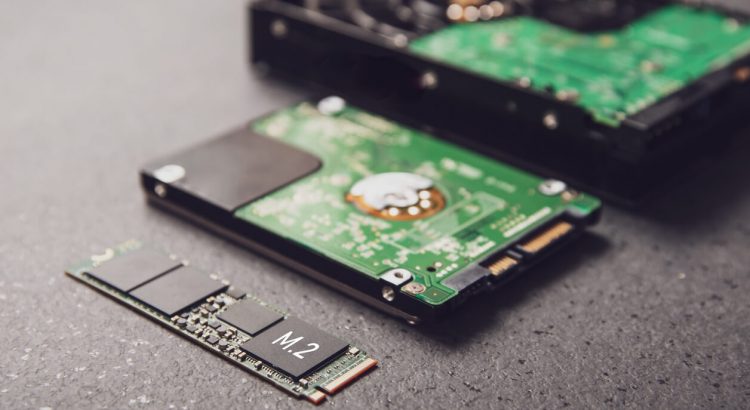The first hard disk drive (HDD) was introduced by IBM in the year 1956, and it was almost the size of a car. As of now, HDDs have drastically decreased in size and increased in performance. However, with the advent of solid-state drives (SSD), the entire computer industry has taken a major shift as it has allowed computer users to work rapidly and efficiently. For instance, Samsung introduced one of its SSDs with model number mz-76e1t0b/am which has enhanced read and write speed with the help of innovative V-NAND technology for users who have to deal with large, heavy files.
Moreover, there’s quite a lot of difference between an HDD and an SSD. If you’re interested in knowing, keep reading this article.
What are an HDD and SSD?

HDDs are equipped with a magnetized spinning disk known as a platter and a read-write arm which basically reads and writes all the data on the platter as it spins.
Whereas, on the other hand, an SSD is free of any moving parts. Instead, it uses flash memory to store data using NAND technology.
HDD vs. SSD: Speed
The number of times the disc spins and the arm reads and writes data is called revolutions per minute (RPM). An HDD’s speed depends on the number of RPMs and is directly proportional to its speed performance.
As the disc spins, it takes way more time for the HDD to process data as compared to an SSD which reads and writes data electronically since it doesn’t have any moving parts.
Therefore, an SSD will be your best bet if you’re looking for high speed and want to load and run applications and the system itself faster.
HDD vs. SSD: Storage
HDDs provide multiple storage options to users ranging from 250 GB to 20 TB, however, for higher storage capacity you may have to spend extra dollars.
On the other hand, the maximum storage capacity that SSDs offer is up to 4TB, and some enterprise-grade SSDs can have up to 30 TB. And of course, they are more expensive than HDDs with similar storage capacity. Therefore, some users like to combine both HDD and SSD to utilize the benefits both drives have to offer without compromising on their budget.

HDD vs. SSD: Longevity
As HDD comes with moving parts, in case you dropped your laptop or even your computer suffered major turbulence, the parts may get damaged and, in the worst-case scenario, the HDD may get completely destroyed.
In terms of an SSD, since it only has memory chips without any moving parts, it won’t suffer any wear or tear and will tend to last longer. So, if you have any portable devices, installing an SSD will be the best option.
HDD vs. SSD: Battery Life
HDD consumes more power and electricity because its read-write arm needs to move in order to process and store data. Therefore, if you’re a laptop user, you may have to plug your laptop in constantly.
As all the operation for the SSD is done without any moving parts, hence, it doesn’t consume much power. This way, you can improve your laptop’s battery life and in the case of computers, you wouldn’t have to deal with hefty electricity bills.
